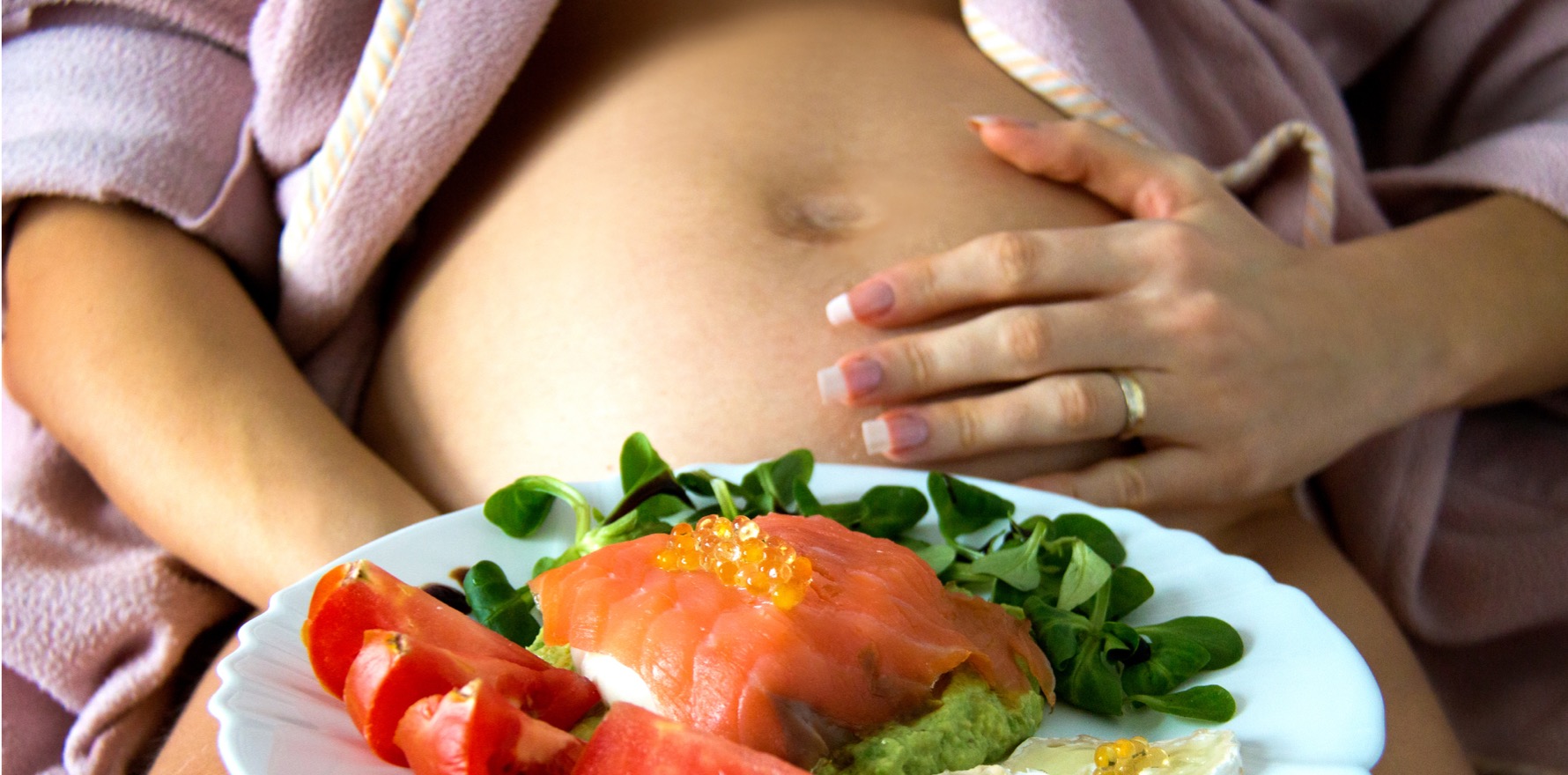Couples struggling to conceive could benefit from more long-chain omega-3 fatty acids, according to US research.
Hopeful parents who eat a diet rich in fishy omega-3 may have more success with assisted reproductive therapy, suggests US research.
A study of around 230 couples undergoing assisted reproductive therapy, found that women who had the highest intake of omega-3 acids found in seafood, docosahexaenoic acid (DHA) and eicosapentaenoic acid (EPA), as well as a high total seafood intake, had significantly higher chance of live birth compared to those with the lowest intake.
The quarter of women with the highest intake had a54% chance of live birth in the study, compared to 36% in the lowest quarter, Harvard researchers wrote in the American Journal of Obstetrics and Gynecology.
When researchers dug into the different types of fish, they found the benefits for live birth appeared to be strongest with shellfish intake.
In addition, women with the lowest intake of DHA and EPA had a 36% chance of experiencing clinical pregnancy loss, while for women with the highest intake the likelihood fell to 0.01%.
Intake of total omega-3, alpha-liolenic acid (ALA), total nuts and specific types of nuts was found to be unrelated to a woman’s probability of implantation, clinical pregnancy and live birth.
Importantly, the study also found low DHA and EPA consumption in men was linked to higher rates of pregnancy loss, but there was no overall association between men’s intake of omega-3, DHA and EPA, nuts or fish and clinical pregnancy, implantation or live birth.
For men, greater intakes of total omega-3 fatty acids were associated with higher total sperm count, sperm concentration, and total and progressive sperm motility, however, these increases did not appear to improve assisted reproductive technology outcomes. The findings suggest long-chain omega-3 polyunsaturated fats, such as EPA and DHA, may significantly influence fertility, more so than short-chain omega-3 types.
“Despite evidence suggesting that men’s and women’s intake of omega-3 fatty acids and omega-3 rich foods may positively influence the couples’ fertility, studies simultaneously considering intakes of both prospective parents are limited.
“This raises questions about the extent to which associations with women’s intake may partly reflect associations with their partner’s intake given the degree of concordance in intake of food sources of omega-3 fatty acids in couples. No previous study has addressed this issue in couples undergoing infertility treatment,” the authors said.
They also concluded that, while there was no association found between men’s fish or nut consumption and certain assisted reproductive technology outcomes, greater intake of long-chain omega-3 fatty acids, such as DHA and EPA, among women may improve fertility among couples using assisted reproductive technologies to conceive.


